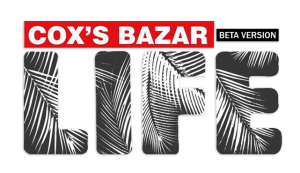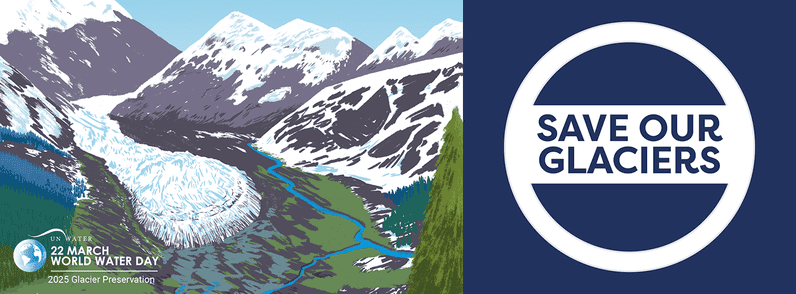World Water Day Special
March 22 marks World Water Day, a global observance dedicated to raising awareness about water conservation and its significance. Bangladesh is celebrating the day in alignment with this year’s theme: “Save our Glaciers—Ensuring a Sustainable Water Future Amid Climate Change.” The objective is to highlight water crises and the urgency of sustainable water management worldwide.
However, as the world observes this day, Cox’s Bazar is grappling with an alarming water crisis. Reports indicate that even deep tube wells, reaching 400 feet below ground, fail to extract water, leaving residents distressed. Experts warn that this depletion could severely impact the local ecosystem and worsen during summer. Health professionals have also raised concerns about the rising presence of E. coli, which could increase waterborne diseases.
Why Is Cox’s Bazar Running Out of Water?
Md. Zakaria, senior scientific officer of the Bangladesh Oceanographic Research Institute (BORI), attributes the crisis to excessive groundwater extraction. He explains that scarcity becomes inevitable when water is drawn beyond the natural recharge capacity.
Adding to the problem, Moheshkhali Channel and Bankkhali River have recorded increased salinity levels, affecting available water quality. Areas in Cox’s Bazar city, including Tekpara, Nurpara, and Majhirghat, are experiencing severe shortages of drinkable water. Residents complain that the municipal supply is often contaminated with foul-smelling, murky water, making it unfit even for household chores.
A City Struggling for Clean Water
For the past six months, the situation has worsened. Md. Forhad, a resident of Tekpara, noted that 75% of Ward 4 relies on municipal water supply, but lately, the pipelines have been carrying sewage-like water. Despite repeated complaints, authorities have failed to take adequate measures. Many households have been forced to rely on pond water, but that has not alleviated their suffering.
Executive Engineer of Cox’s Bazar Municipality, Parakram Chakma, acknowledged the crisis. He admitted that the deep tube wells are outdated, with some drawing sand and water. However, he assured that efforts are underway to address the issue. A treatment plant has been set up near Bankkhali River, and the municipality is working to improve the overall water supply infrastructure.
Meanwhile, Asian Development Bank (ADB) is funding a water distribution project in Cox’s Bazar, aiming to divide the city into four zones for better water management. According to Public Health Engineering Department’s Assistant Engineer Abul Manzur, the digitalized survey and house networking work are ongoing, with a target of resolving the crisis by June 30.
Uncertainty Over Water Purification Project
Cox’s Bazar authorities also initiated a Surface Water Treatment Plant Project, but despite its official completion, its benefits remain uncertain. Residents express frustration over delays, questioning when—if ever—it will become operational.
As the world commemorates World Water Day, the crisis in Cox’s Bazar highlights the urgent need for sustainable water management. Without immediate intervention, the city’s growing population may soon face a more dire situation.
By Abdur Rashid Manik
Photo: UN










